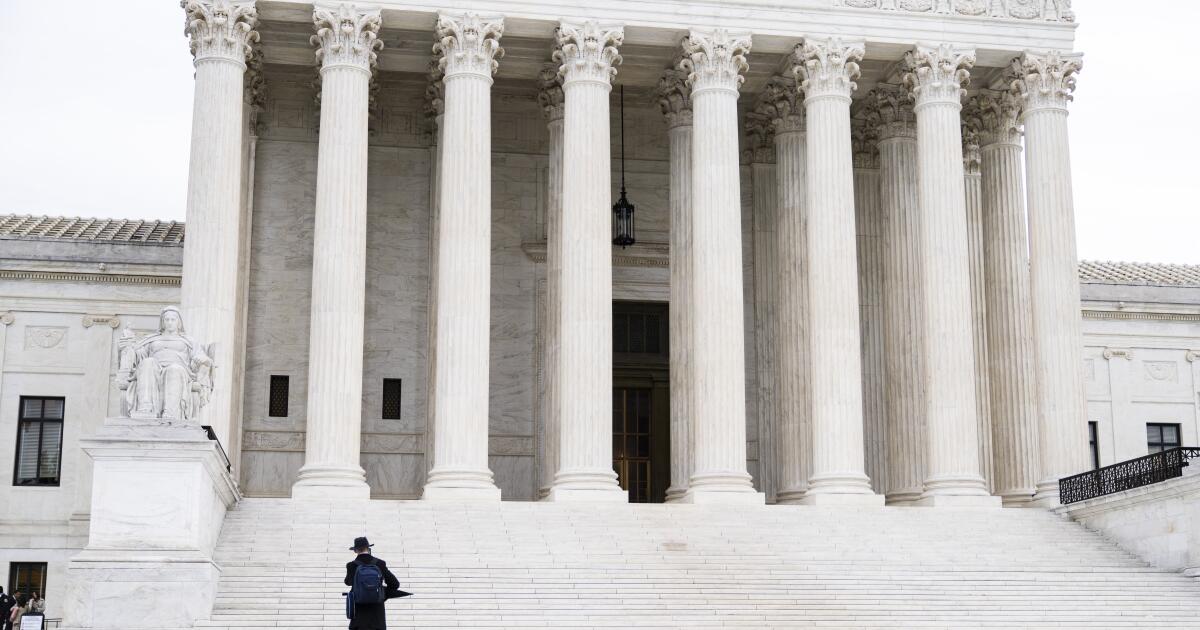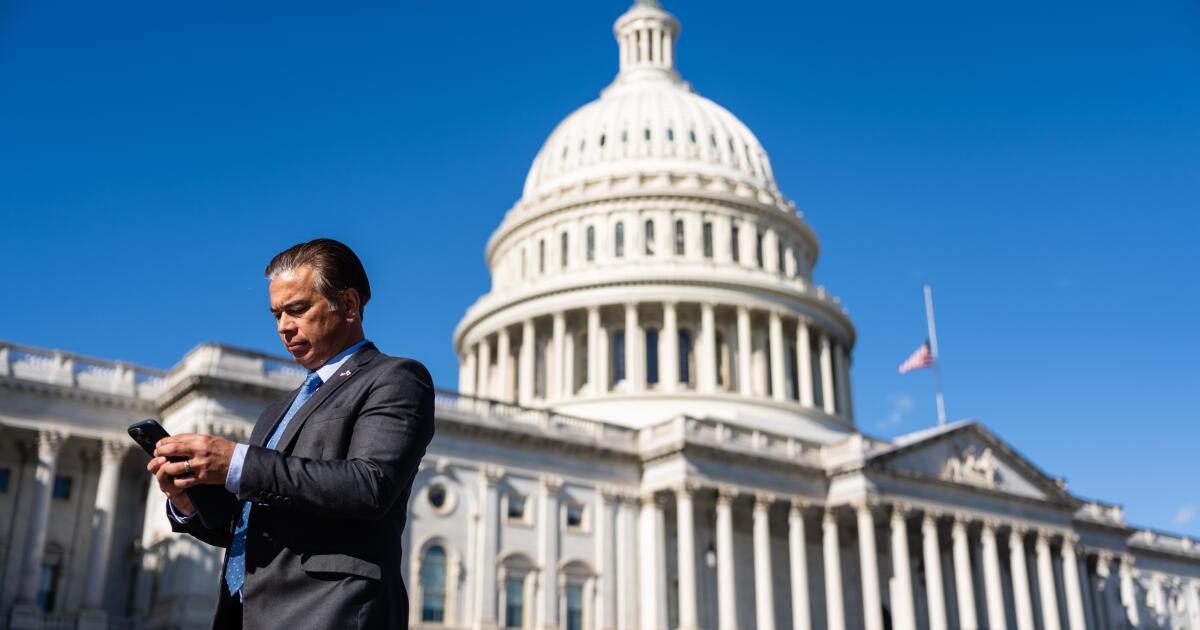The end of money bail for most nonviolent, nonserious crimes has not increased repeat arrests or court appearances, according to Los Angeles Superior Court data on the first four months of the court's no-bail release protocol. court.
This was a pleasant surprise to many law enforcement officials, who were wary of a program that allows many suspects to be released after their arrest but before their first court appearance. “I think we're on the right path right now,” Sheriff Robert Luna told the Board of Supervisors at a hearing Tuesday.
This good news should prompt Whittier, Santa Clarita, Santa Monica and more than two dozen other cities to drop their reckless lawsuit to block the court's bail reform program. The lawsuit was filed in September and transferred to an Orange County Superior Court judge. He ruled it out in December but gave cities until Friday to file a new complaint.
The results of the Pretrial Release Protocol are similar to what criminal justice researchers have found in other U.S. cities and counties that have eliminated bail. The consensus of academic studies is overwhelmingly that the use of monetary bail increases the likelihood of committing crimes.
The data may be disappointing for district attorney candidates in Tuesday's election, many of whom are campaigning with alarming claims that reforms such as eliminating money bail have fueled a crime epidemic.
But crime in most categories fell last year from the year before and continues to fall. In categories where it has increased, such as theft, data from police, courts and jails so far suggest little connection with release without bail. A year or more of data would provide a more reliable assessment.
The latest numbers are also disappointing to those who have supported the program because they reasonably thought it would reduce the population of Men's Central Jail, a decrepit and dangerous facility.
But the prison population has not decreased. Why not? If fewer people can be held on bail, it stands to reason that fewer people should be detained.
One answer could be that the court is so careful and conservative in transitioning to the no-bail program that it could hold more suspects than absolutely necessary. Those who unfoundedly worried that eliminating money bail would lead to more crime should take note.
Los Angeles Superior Court judges who review people arrested for crimes eligible for bail without bail are increasingly ordering holds (most people arrested for the lowest crimes are released without review). Judges were initially supposed to release most of the people whose cases they reviewed. However, after four weeks, the figure was 64%. It jumped to 84% after eight weeks and at 20 weeks it is now at 87.1%.
That's a lot. The court should study why judges are holding so many and how to give them confidence that more people can be safely released before arraignment.
The county provides services to help keep people out of trouble and ensure they appear in court at the appointed time. But referrals to housing, employment and mental health and substance treatment, and free transportation to court, work or child care, are voluntary. If judges could impose them as conditions for release without bail, they might be more confident in allowing defendants to return home.
Getting in the way is bureaucracy, including the screening and qualification that health insurance companies require before covering treatment. It won't be easy to solve, but the county should try.
Meanwhile, it is important to note that defendants who pose the greatest risk to public safety (those arrested on suspicion of serious and violent crimes) are not part of the no-bail program and are automatically released if they qualify for bail. released on bail and can pay.
They do not go through any of the investigations that lower-risk defendants must go through. Changing that will require a change in state law, and Los Angeles County and the Superior Court should put that change high on their legislative agendas.












